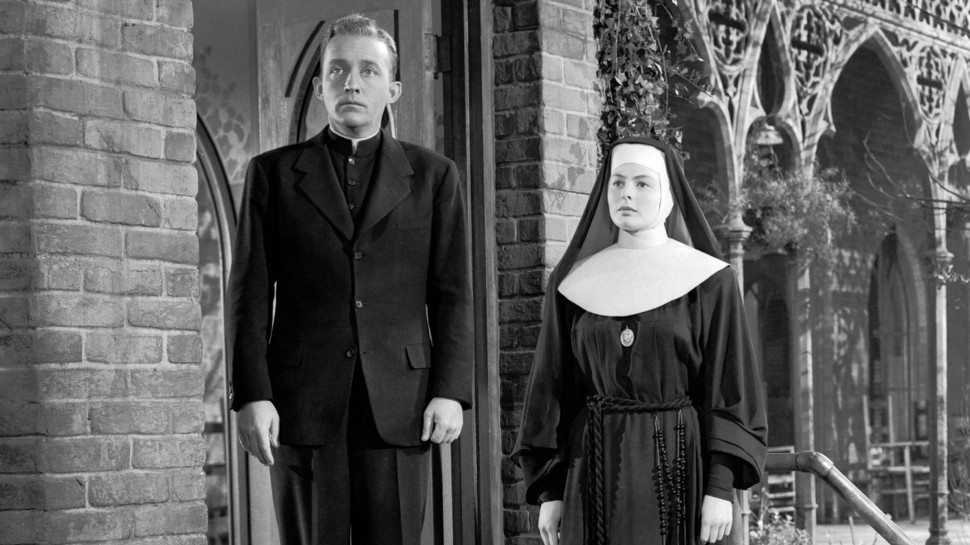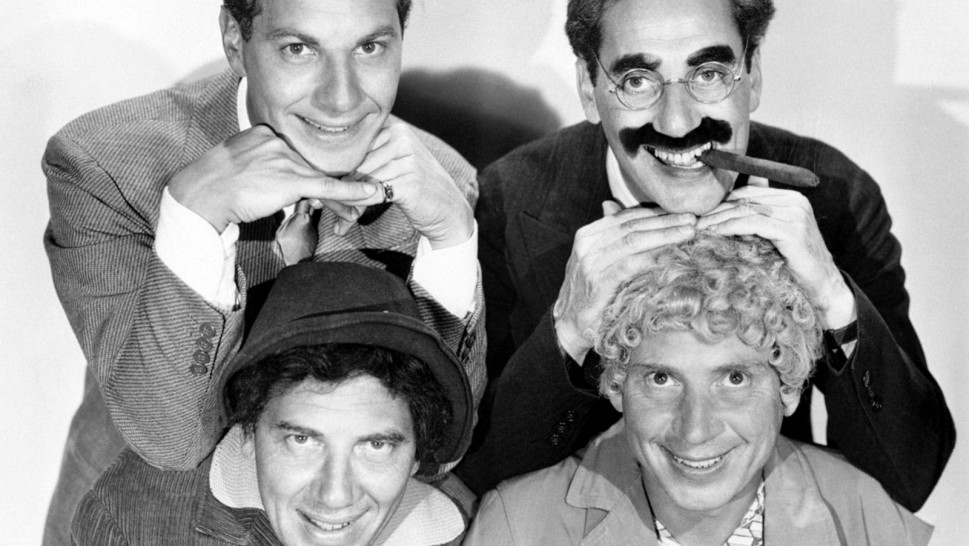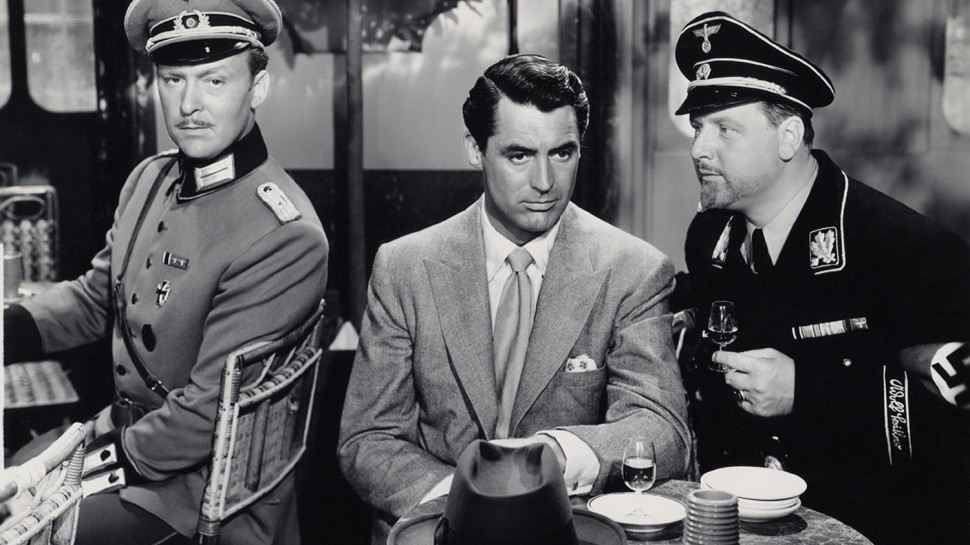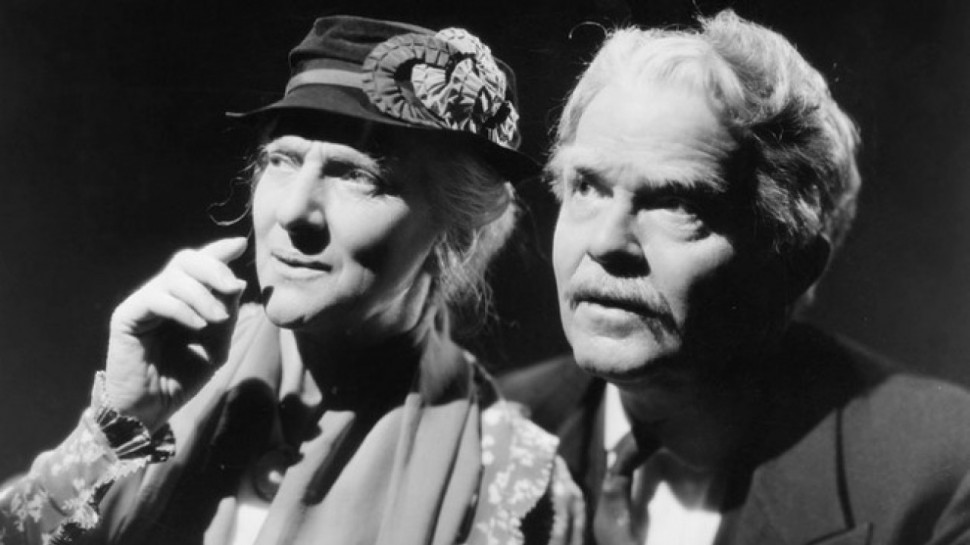




Leo McCarey,
Screwball and Beyond
Leo McCarey directed many of Hollywood’s prominent comic stars of the 1920s and 1930s, from Laurel and Hardy to the Marx Brothers and Cary Grant. In the 1940s and 1950s he helmed such major hits as Going My Way and An Affair to Remember. Soon after, however, his reputation suffered a period of decline, as his subsequent work was rejected as sentimental or even – in the case of the still controversial My Son John – inept and reactionary. At the time, the dismal reception of McCarey's late work even affected the reputation of his earlier triumphs, with the noteworthy exception of the sublime The Awful Truth. Yet in recent decades, perceptive scholars and critics such as Andrew Sarris, Jonathan Rosenbaum, Robin Wood, Dave Kehr, Gary Giddins and Tag Gallagher have all argued convincingly that McCarey deserves to be remembered as a major auteur of the Hollywood era, on the level of Hawks or Hitchcock. This claim relies on a re-examination of even those McCarey films typically considered "dated" (Going My Way, An Affair to Remember), minor works (Once Upon a Honeymoon; Rally 'Round the Flag, Boys!), or even outright critical and popular failures (the aforementioned My Son John).
What one finds, and what makes McCarey a great auteur, is not the baroque excess of a signature visual style, since he worked consistently with the economy and concision of the classical Hollywood mode. Rather, McCarey's creative vision is expressed through his ability to imbue the recurring themes of romantic and redemptive love with both heartfelt sincerity and the comic verve of anarchic wit. While a romantic, McCarey directed with a light touch that serves him in good stead when it comes to the sometimes melodramatic and occasionally sentimental nature of his material. Melodrama never becomes maudlin in the hands of a director so adept at steering a middle path between the pathos of Capra and the sophistication of Lubitsch. McCarey's genius with the funny side of things stems from his multi-faceted sense of comedy, which ranges from the slapstick of Laurel and Hardy pie fights to the observational comedy of Ruggles of Red Gap, the "crazy comedy" of the war montage in Duck Soup, the (early) screwball of Indiscreet, the farce of The Milky Way, the romantic comedy of The Awful Truth, the satire of Rally 'Round the Flag, Boys! and the touches of black humor in Once Upon a Honeymoon.
Leo McCarey's religiosity and right-wing politics may mark him as less hip than such maverick and politically outspoken filmmakers as Sam Fuller or Fritz Lang. Yet his films treat warfare, the nuclear family and life in the suburbs with a decidedly satiric scrutiny (despite the occasional recuperative happy ending), and consistently celebrate non-conformity. If the Church is never ridiculed, McCarey's Catholicism is of the humanist strain so prominent in such other greats as John Ford and Roberto Rossellini. It is McCarey's remarkable ability to create deeply affecting human characters and situations (even while satirizing human institutions) that lead Jean Renoir to famously observe, "McCarey understands people better perhaps than anyone else in Hollywood."






















